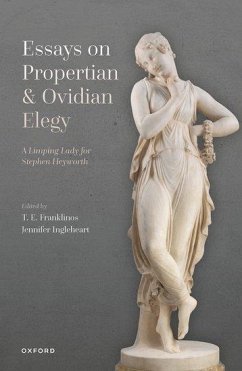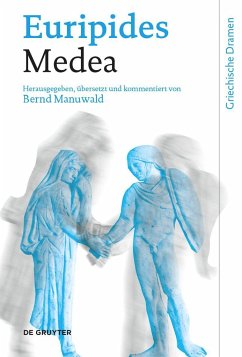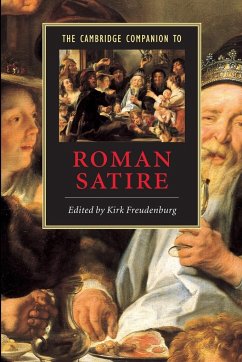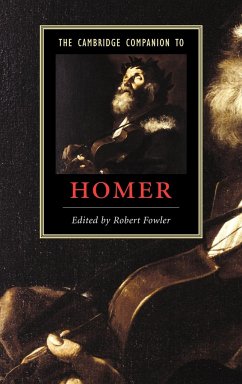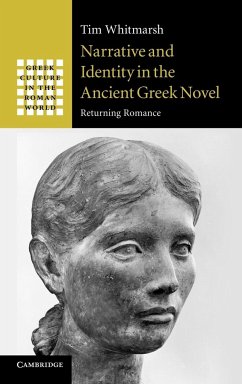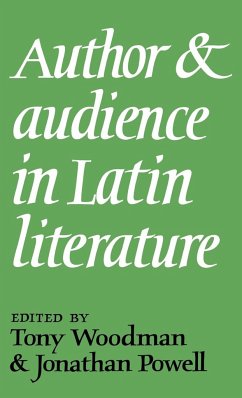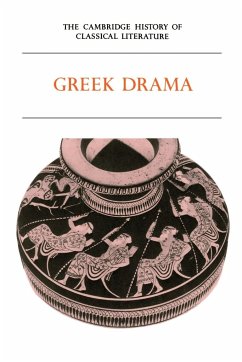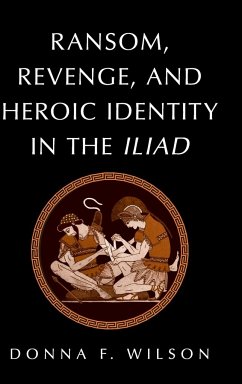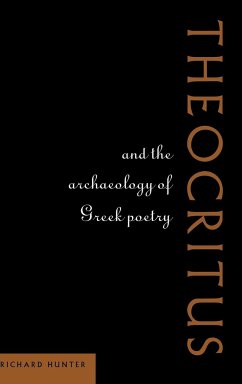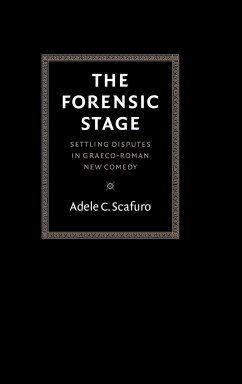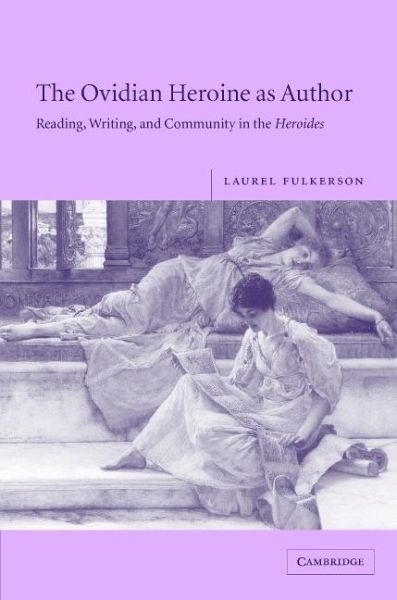
The Ovidian Heroine as Author
Versandkostenfrei!
Versandfertig in 1-2 Wochen
69,99 €
inkl. MwSt.
Weitere Ausgaben:

PAYBACK Punkte
35 °P sammeln!
Ovid's Heroides, a catalogue of letters by women who have been deserted, has too frequently been examined as merely a lament. In a new departure, this book portrays the women of the Heroides as a community of authors. Combining close readings of the texts and their mythological backgrounds with critical methods, the book argues that the points of similarity between the different letters of the Heroides, so often derided by modern critics, represent a brilliant exploitation of intratextuality, in which the Ovidian heroine self-consciously fashions herself as an alluding author influenced by wha...
Ovid's Heroides, a catalogue of letters by women who have been deserted, has too frequently been examined as merely a lament. In a new departure, this book portrays the women of the Heroides as a community of authors. Combining close readings of the texts and their mythological backgrounds with critical methods, the book argues that the points of similarity between the different letters of the Heroides, so often derided by modern critics, represent a brilliant exploitation of intratextuality, in which the Ovidian heroine self-consciously fashions herself as an alluding author influenced by what she has read within the Heroides. Far from being naive and impotent victims, therefore, the heroines are remarkably astute, if not always successful, at adapting textual strategies that they perceive as useful for attaining their own ends. With this new approach Professor Fulkerson shows that the Heroides articulate a fictional poetic, mirroring contemporary practices of poetic composition.





